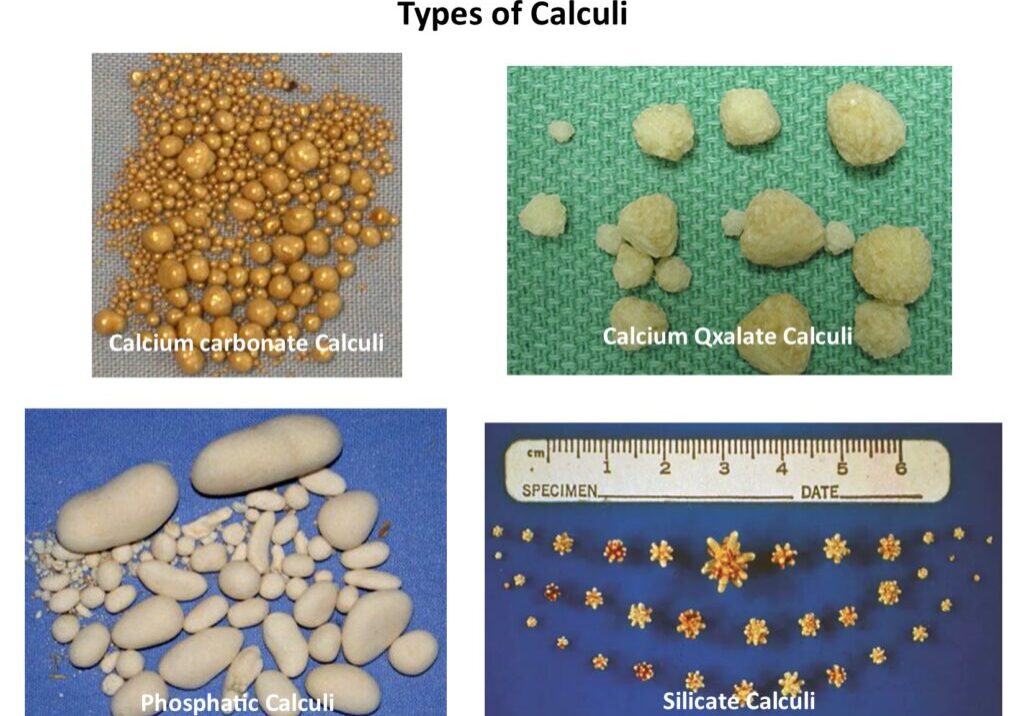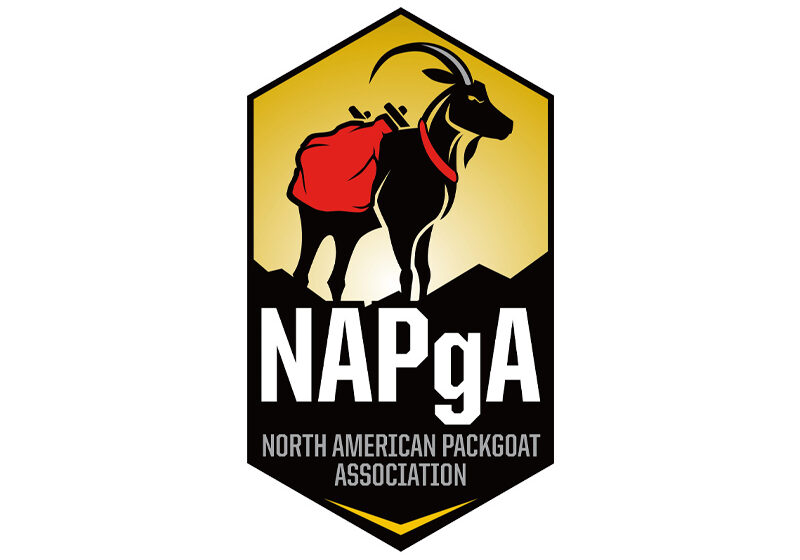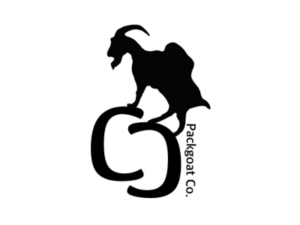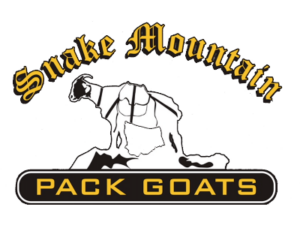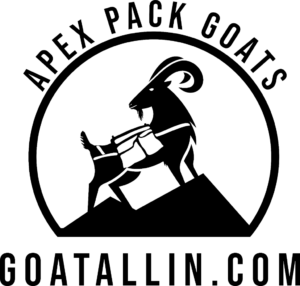Carolyn Eddy Memorial Fund for Research
Carolyn Eddy was one of the founding members of the North American Packgoat Association. She was a member of NAPgA’s Board of Directors for 20 years and served all goat owners, particularly those making up the packgoat community, for a substantial portion of her life. She was a respected breeder, educator, and an author. She wrote or co-wrote several books and other writings that continue to benefit the packgoat community to this day. Most importantly, Carolyn was a friend to many of us.
When Carolyn died in April of 2018, she bequeathed a generous sum of money to NAPgA in her last will and testament with the understanding that her gift be used to fund research that will benefit packgoats and the goat packing community. In 2020, NAPgA allocated $10,000 from the Carolyn Eddy Memorial Fund for Research to begin the Citizen Science Epidemiological Research Study of Urinary Calculi in Wethered Goats being conducted by NAPgA. The remaining funds donated by Carolyn are being held in trust for this or other possible research that may be conducted in the future. NAPgA would like the Carolyn Eddy Memorial Fund for Research to continue for years to come.
Citizen Science Epidemiological Research Study of Urinary Calculi in Wethered Goats
The North American Packgoat Association (NAPgA) has partnered with multiple veterinarians who are serving as Co-Investigators to conduct the Citizen Science Epidemiological Research Study of Urinary Calculi in Wethered Goats. This research project began on June 1, 2022, and the initial 3-year term will run through May 31, 2025. The study includes 68 participating farms and 403 wethered goats owned by NAPgA members across the United States.
While doctors are helping to increase the survival rates of goats afflicted with urolithiasis, they still do not understand all of the potential causes or potential contributing factors that result in the formation of uroliths in the urinary tracts of our caprine friends. NAPgA believes this research is vital to the long-term well-being of our wethered goats.
The objective of this study is to identify possible effects of diet, water, minerals, body condition, age and method of castration, animal husbandry, geographic and environmental factors associated with the development of urinary calculi and identify related optimal standards for the prevention of urinary calculi in wethered goats. It is hoped that the information gained from this study can and will be used as a springboard for further intervention and research.
Co-Investigator, Dr. Meera Heller is an Associate Professor of Clinical Livestock Medicine at the School of Veterinary Medicine at University of California Davis. Dr. Heller assisted with project design for this study and she and her colleagues will analyze the data collected from the farm and individual goat survey responses, forage and water analysis reports, and other components, to author a research report intended for peer review.
Co-Investigator, Dr. Maggie Highland is the Pathology Section Head at the Wisconsin State Veterinary Diagnostic Laboratory. Dr. Highland will use the data obtained from surveys and urinary tracts recovered from wethered goats that die during this study to evaluate the effects of age at castration and method of castration on urethral diameter in wethered goats. In addition, Dr. Highland will bank blood and/or tissue samples received from goats enrolled in the study for possible genome wide association studies related to urinary calculi and submit uroliths recovered from enrolled goats for analysis.
This study will follow both the farms and the individual wethers and their basic care and management. The data will be compiled and processed to find any common factors that occur when urinary calculi are formed and cause urolithiasis. The data being collected includes: age of goat, parentage, feed type, body score, housing type, age of castration and procedure used, type of health maintenance, vaccines, parasites, mineral use, exercise level, and travel. An initial water analysis will be performed. In the event of a blockage, specific information including the type of uroliths, will be recorded. If death occurs, the complete urinary tract will be recovered, analyzed, and urethral diameters measurements will be recorded, tissue samples and histopathology testing will be conducted.
NAPgA has allocated a significant amount of money from the Carolyn Eddy Research Fund which was established with funds left by one of our founding members, to begin this study and help offset owners’ expenses which are not typically incurred as a part of goat ownership. NAPgA Board spent a great deal of time considering how best to use this special fund which was designated specifically for packgoat-related research.
This is a large study that we will follow for a number of years. We will continue to seek financial support from outside sources, grants, and individuals like you. NAPgA is a 501(3)(c) organization so all donations are tax-deductible.
If you would like to donate to the study, you can do so by clicking on the following link. Be sure to mention your donation is designated for the UC Research Study.
Additional information is included in the UC Research Links on this page and updated information will be included in the links as it becomes available. Questions can be directed to our Urinary Calculi Research Committee at ucresearch@napga.org.
UC Research Links
-
Citizen Science Epidemiological Research Study Description- Rev. 1.8.23
-
Urinary Calculi in Male Goats (Taffy Mercer & Chris Gifford) - Goat People Magazine, Volume 3 2022
-
Packgoats and Urinary Calculi Flyer by Ward Laboratories
-
Livestock Water Suitability by Ward Laboratories
-
Mineral Concentrations and Tolerance Levels in Livestock provided by Ward Laboratories
-
How to Read a Forage Test
-
Carolyn Eddy Memorial Research Fund
-
Urinary Calculi Research Protocols
-
About Page - Ward Laboratories, Inc.
-
Ward Guide
Clickable link to the Ward Laboratories Inc. “Ward Guide” reference guide to assist in finding answers to daily production questions on topics including Crop Nutrition and Management, Feed Testing, Fertilizer Recommendations, Manure and Sludge Management, Soil and Plant Testing, and Water.
-
Stone Cold Killers: UC Research Paper
-
Veterinarian Letter (Re In-Kind Donation)

